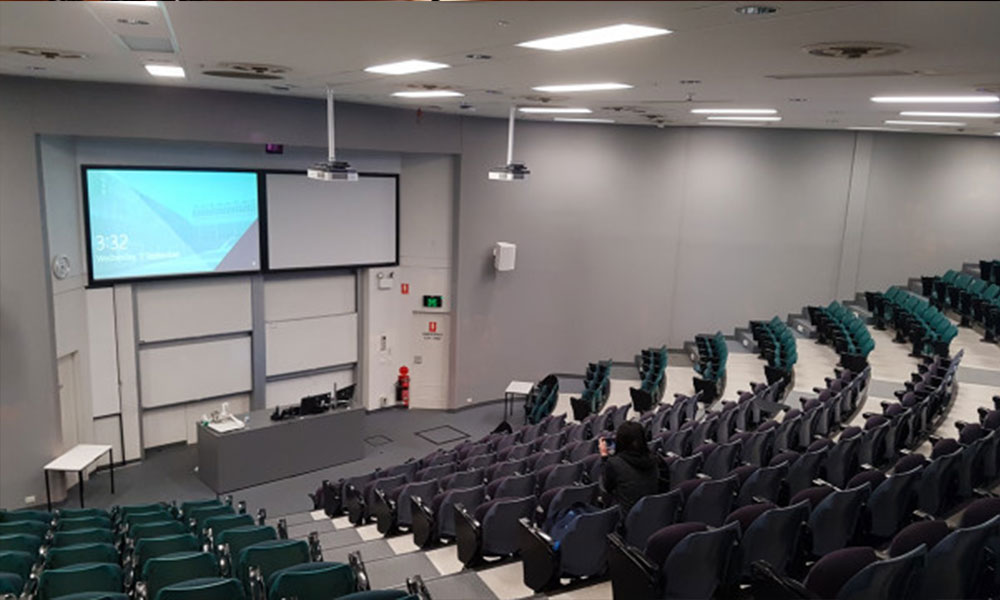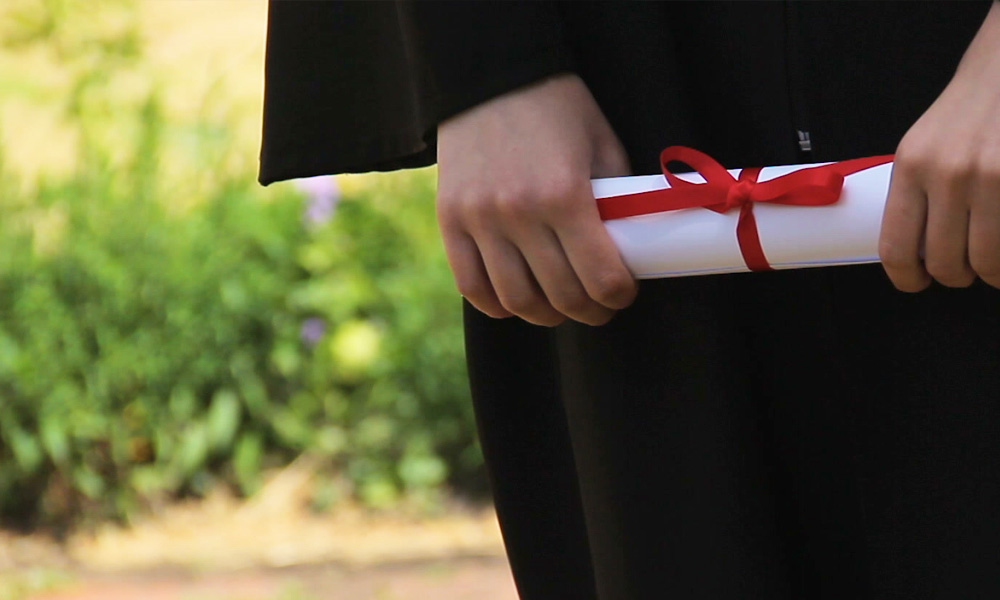With easy access to a repository of publications on the internet, academics are increasingly fabricating their research findings, misrepresenting facts, or simply appropriating others’ work for their own.
This is no surprise given the imperfect record of academic integrity among universities.
This brings me to the case of two Universiti Putra Malaysia (UPM) academics allegedly misrepresenting the “facts” of their research on Malay maritime history.
I have neither read the research paper nor do I know of UPM’s record of academic vigilance. I will restrict my comments to academics who have inadvertently fallen prey to predatory publishing.
“Predator” means “a person who ruthlessly exploits others”. In academia, the “predators” are opportunistic journal publishers that exploit early-career researchers who need to be more visible in their academic careers.
The signs of predatory publishers are these - they routinely require an upfront processing fee when they accept a paper for a peer review.

The reviewers’ feedback is usually positive but inconsequential in improving the quality of the paper, which raises further questions about the reviewers’ academic credentials.
The author-pays business model in predatory publishing, which comes with other hidden charges during the “peer-review” process, usually delivers a product, for instance, the UPM paper, that sparks critical questions of its historical facts and data reliability from other researchers in the field.
A quick search of the International Journal of Academic Research in Business and Social Sciences, which published the UPM paper, shows up the publisher, Human Resource Management Academic Research Society (HRMARS) as a plausible predator.
HRMARS, which operates out of Bahawalpur, Pakistan, with regional offices in Thessaloniki (Greece) and Bucharest (Romania), is listed in the Predatory Reports.
This brings me to the “publish or perish” culture that is pushing Malaysian academics to disseminate their research through deceptive publishing outlets to the detriment of their reputation and academic career.
I founded an international journal, Asia Pacific Media Educator in 1996, which ran for about 20 years. Critical to APME’s academic standing was its rigorous peer-review process, and authority of its international editorial advisory board.
All the submissions to APME are first culled for its “reviewability”. The author’s research questions are examined against current literature and developments in the field.

Selected papers for peer reviews are run through Turnitin, an anti-plagiarism programme.
I received numerous papers from academics in developing countries, Malaysian universities included. Some papers that APME rejected did find their way into other open-access journals, which usually required upfront publication fees.
A quick Google search for these “predatory publishers” shows their proliferation. Malaysian academics should be made more aware of falling prey to the pay-to-publish business model of predatory publishers.
The onus lies on the heads of research units in local universities to establish clear guidelines on how faculty staff can work their papers for submission to peer-reviewed journals.
Having worked in academia for more than 20 years, I have witnessed how the pressure to become more visible in their field has clouded academics from being accountable for what they publish - in some cases, to self-publish, for a global audience.
Research and teaching outcomes are like peas in a pod. Both grow as one, even if academics would reason that their less-than-satisfactory teaching performance is due to their university’s requirement to disseminate their work in the public domain.
In need of change
The “publish or perish” tyranny may or may not have led to the low public image of local universities. The fact is a university is only as good as its capacity to retain high-performing faculty staff and the quality of its research units and students.
The learning environment, academic freedom, university governance, academic ethos, and autonomy - all these shape the thinking and character of its staff and students. In time, they become part of the university system - for better or worse.
Have our universities instilled in their academics a research ethos and nurtured in their graduates the intellect and worldviews that they can confidently carry to the international stage?
Are our vice-chancellors, university bureaucrats, student unions, and certain sections of academia still being patronised by political affiliations?
Are local academics overly complacent by the lack of peer scrutiny, so much so that they do not feel a need to legitimise their academic standing?
As long as there is no competition from within and outside the system, as long as our racialised university education remains politicised, reputable academics will leave for places where their expertise will be well-received and rewarded.
Meanwhile, Malaysian universities will hover in the low middle end of the world university rankings.
Consequently, short-sighted academics will continue to fall prey to predatory publishers - simply because they need to publish or perish. - Mkini
ERIC LOO is a former journalist and educator in Australia and a journalism trainer in parts of Asia.
The views expressed here are those of the author/contributor and do not necessarily represent the views of MMKtT.

No comments:
Post a Comment
Note: Only a member of this blog may post a comment.